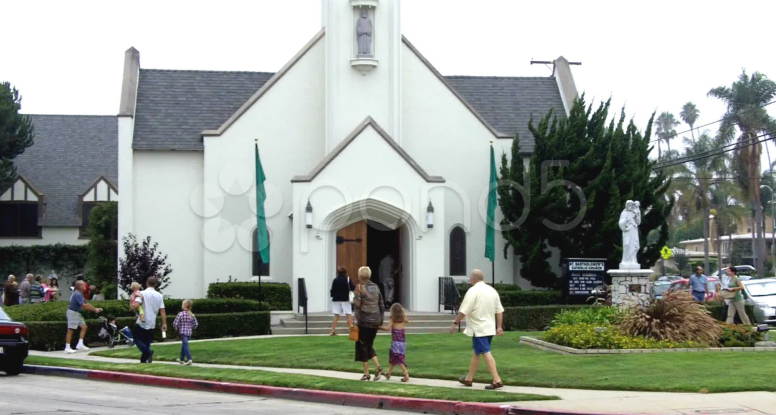In recent years, as a people we have become more nutrition-conscious than ever before. We have awakened to the fact that we are what we eat. The signs of this renewed interest in eating the right foods are all around us. Health food stores have sprung up everywhere. Food processing companies are being forced to be more truthful in their advertising and their labeling. Books on nutrition are being sold in ever larger numbers. Many of us are taking courses in nutrition. Not only eating the right food but also eating the right amount of food has become a number one topic of conversation. Dieting has replaced the weather as the thing we talk most about. Everywhere we go we encounter someone who is either on a diet or going on a diet.
This new-found interest in the relationship between proper nutrition and physical well-being is good. Our body is a precious gift of God and, as good stewards, we should take proper care of it.
But, important as it is, good nutrition is not the only source of our physical wellness. One can eat right and still get sick. Medical science is discovering more and more these days about the close relationship between our physical condition and our spiritual condition.
With that in mind, here’s a prescription your doctor may soon give: Get some religion. That’s because some health reports suggest there’s a link between going to church and living longer. This apparent link was a topic of discussion in Atlanta during a series of religious workshops called Mega Fest, sponsored by the makers of St. Joseph Aspirin. One of the participants, Waine Kong, a PhD and CEO of an association of cardiologists, said “Americans who attend church services at least once a week have lower blood pressure and, in fact, live longer.”
Dr. Kong, reports that his association has outlined seven steps to good health, with spirituality being number one. And according to Dr. Kong, the data that drives this assertion is based on a study conducted by Dr. Robert Hummer at the University of Texas. Dr. Hummer analyzed a household survey and was able to report that Americans who go to church regularly live an average of seven to fourteen years longer than those who don’t go to church.
Dr. Kong insists that it’s not just theory. “Lots of studies have documented very convincingly the important role that spirituality plays in people’s lives, and you can readily begin to understand the benefit of regular church attendance. Where else are you going to go to get good singing, good praying, meditation, hugs and kisses, announcements about community activities, a good sermon (sermon illustrations) and inspirational words? The benefits are so tremendous for people who participate in religious activities. There are lots of people who want to greet you and express great love for you without any hidden agenda. More than anything else, it is a community activity where you feel that sense of belonging.”
When asked if regular church attendance is the kind of good medicine advice that he would dispense, Dr. Kong said, “as an association. . . .we are making the recommendation as actively as we can that physicians promote regular church attendance as part of the therapeutic regimen that they prescribe to their patients.”

